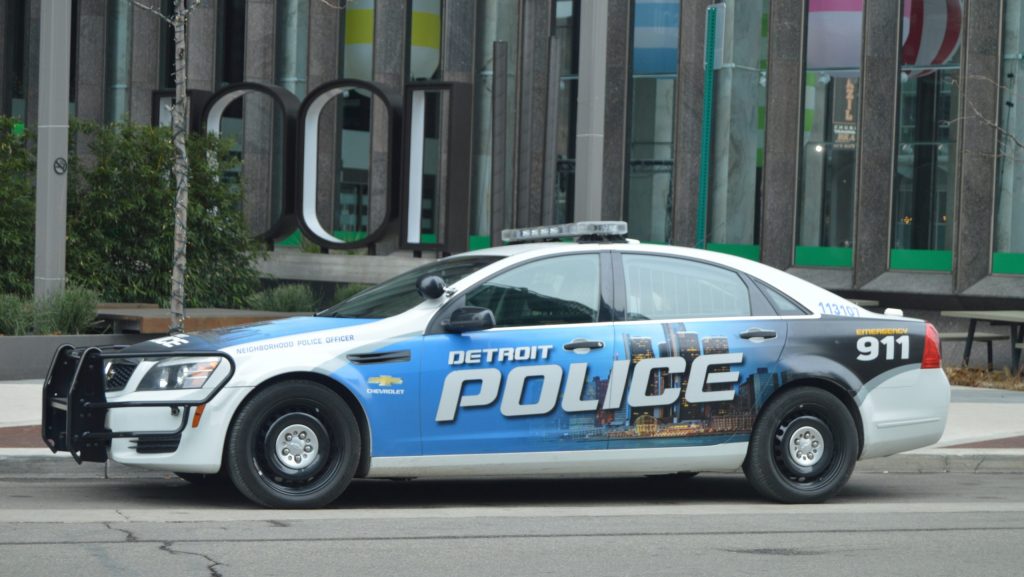Detroit City Council Approves Facial Recognition Contract Extension Despite Opposition
The technology has been criticized as racially-biased, misidentifying Black people at higher rates than white people. Councilmembers Castaneda-Lopez, Sheffield and Jones voted against the deal.

Detroit City Council passed a police facial recognition contract today.
The Detroit Police Department’s use of facial recognition will continue uninterrupted after a contentious City Council vote. The board approved a two-year, $220,000 maintenance contract with DataWorks Plus, the software developer of the technology.
Councilmembers Castaneda-Lopez, Sheffield and Jones voted against the deal.
“We have leveraged facial recognition surveillance against Black residents despite the fact that the technology is racially biased.” — Tawana Petty, resident
Councilmember James Tate voted for the contract. He says many victims of crime do not feel safe in Detroit.
“They want any and all tools that are possibly available to ensure that justice is brought about,” Tate said.
Detroit police say facial recognition is used as an “investigative tool” and is not the only evidence used to justify an arrest.
Activists have mobilized on the streets for months demanding an end to Detroit police’s Project Green Light program and the use of facial recognition technology. The technology is criticized for its high propensity to misidentify Black people, among other surveillance concerns.
“In addition to the hundreds of thousands of dollars that we’ve already spent on this technology, the use of this technology exposes Detroit to ruinous liability, which is not a good use of taxpayer money,” said Phillip Mayor, a lawyer with the American Civil Liberties Union who represents Robert Williams, a man who was wrongly arrested by Detroit police after being misidentified by its facial recognition technology.
Some residents spoke out against the technology.
“We have leveraged facial recognition surveillance against Black residents despite the fact that the technology is racially biased and being banned in predominately white cities, said Tawana Petty during council public comment.
The National Institute of Standards and Technology studied racial bias in facial recognition and found that Black faces were up to 100 times more likely to be misidentified that white ones. Police officials say they have policies in place to prevent wrongful arrests, which have happened at least twice in the past.
Detroit Police Chief James Craig signaled that the department will continue to use facial recognition.
Trusted, accurate, up-to-date
WDET is here to keep you informed on essential information, news and resources related to COVID-19.
This is a stressful, insecure time for many. So it’s more important than ever for you, our listeners and readers, who are able to donate to keep supporting WDET’s mission. Please make a gift today.
